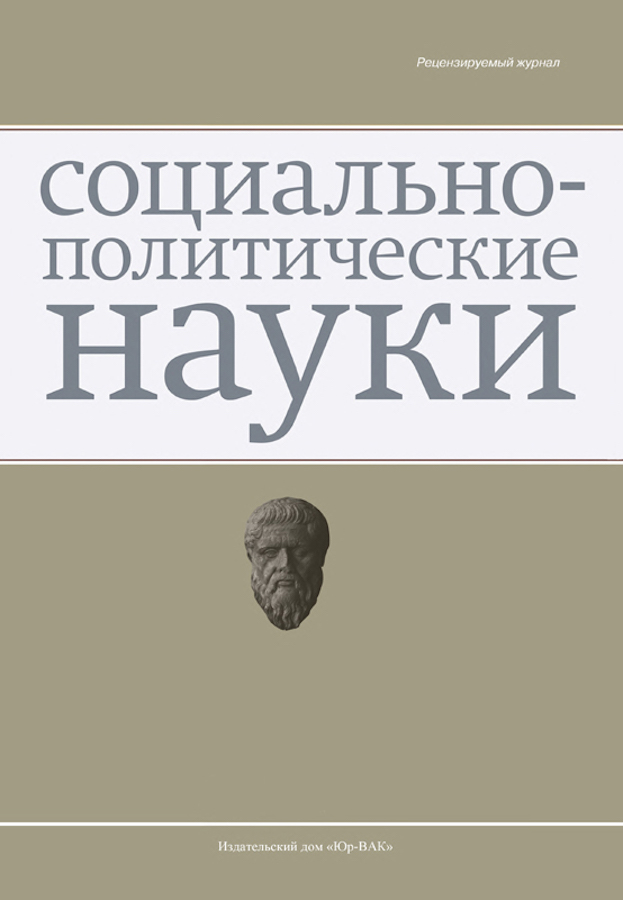Women’s non-governmental organizations in the development of sociopolitical activity of women in Central Asia
- Authors: Shanchuan Z.1
-
Affiliations:
- Institute of Area Studies of Peking University
- Issue: Vol 13, No 2 (2023)
- Pages: 173-177
- Section: International Relations, Global and Regional Studies
- URL: https://journals.eco-vector.com/2223-0092/article/view/516512
- DOI: https://doi.org/10.33693/2223-0092-2023-13-2-173-177
- ID: 516512
Cite item
Abstract
The article deals with topical aspects of the activities of women’s non-governmental organizations of Central Asian countries in increasing the socio-political activity of women in the post-Soviet period. The transformation of the women’s human rights movement is revealed, the role and influence of foreign and international institutions in the initiation of the gender issue as an element of the current political agenda of the development of Central Asian states is noted. In accordance with international trends in the development of the non-governmental sector, including in the post-Soviet space, the empowerment of women occupies an important place in the development of local communities in Central Asia. Based on a comparative analysis of foreign and national women’s NGOs, it is concluded that there is an imbalance in the approach to gender issues, which stimulates a consistent departure from Western liberal feminist attitudes to nationally oriented women’s human rights activism. The problems are identified and the contours of the future development of women’s NGOs in the Central Asian states are outlined.
Full Text
About the authors
Zhizi Shanchuan
Institute of Area Studies of Peking University
Author for correspondence.
Email: shanchuanzhizia@qq.com
PhD student at the Institute of Area Studies of Peking University. Peking, China.
China, PekingReferences
- Garibova F.M. Gender equality in Tajikistan. Woman in Russian Society. 2022. No. S1. Pp. 19–26. (In Rus.)
- Kapyshev A.K., Mukhambetova D.S. The social role of women in modern conditions. Bulletin of the Kazakh Humanitarian and Legal Innovation University. 2021. No. 1 (49). Pp. 58–65.
- Tojidinova M.I. Women’s participation in the political life of Tajikistan during the period of state independence. Tajikistan and the Modern World. 2021. No. 4 (76). Pp. 91–97.
- Torogeldieva B.M. Political culture of women Kyrgyzstan. Alatoo Academic Studies. 2022. No. 2. Pp. 368–376.
- Usenov E.B. Gender aspects of the electoral process in the Kyrgyz Republic. Eurasian Scientific Association. 2020. No. 3-4 (61). Pp. 259–263.
- Khakimova M.A. On the question of the formation and development of public organizations in Uzbekistan. Questions of Political Science. 2020. Vol. 10. No. 7 (59). Pp. 2276–2283.
- Ernazarov D. Interaction of Uzbekistan with international non-governmental organizations in the process of integration into global civil society. Questions of Political Science. 2020. Vol. 10. No. 4 (56). Pp. 1259–1273.
Supplementary files









